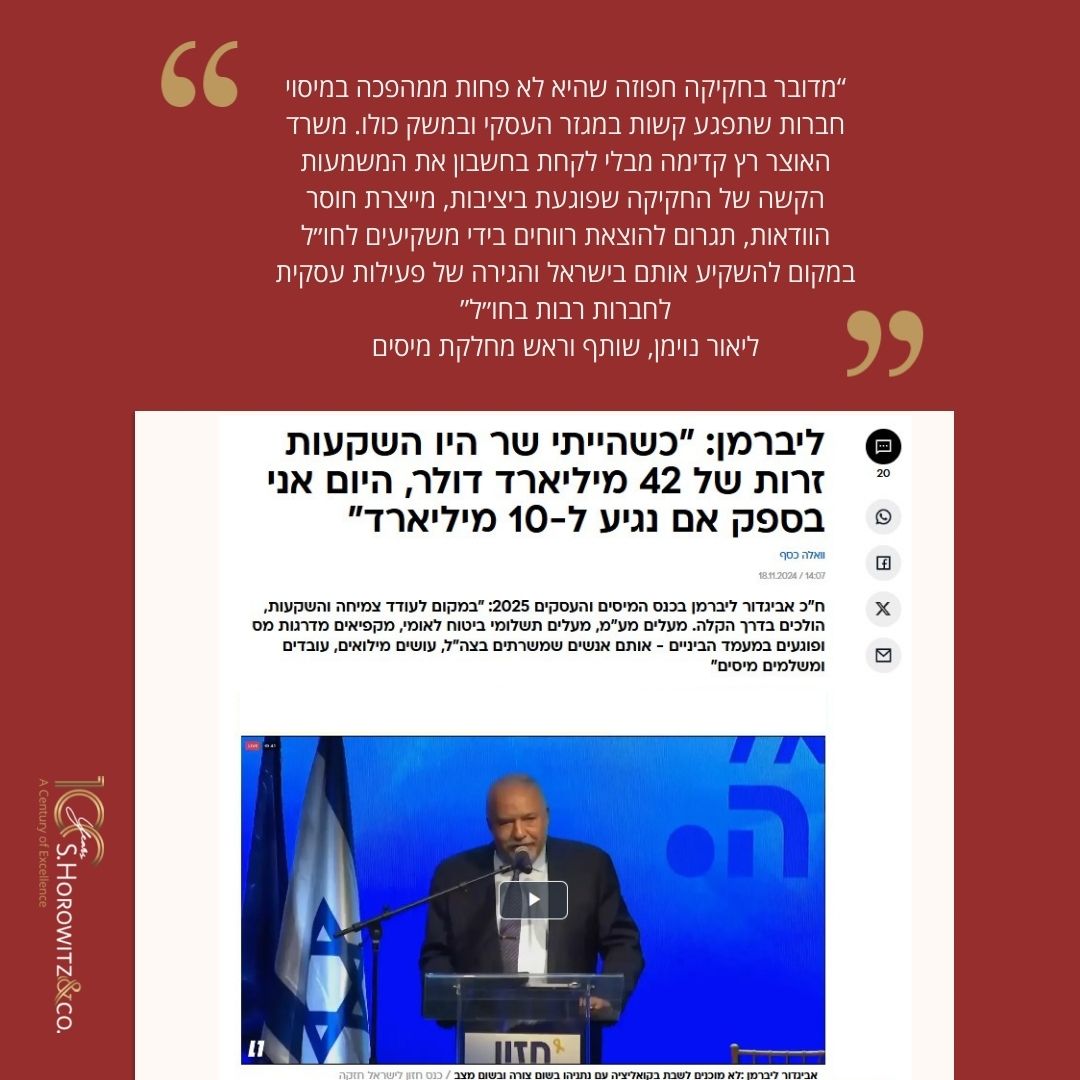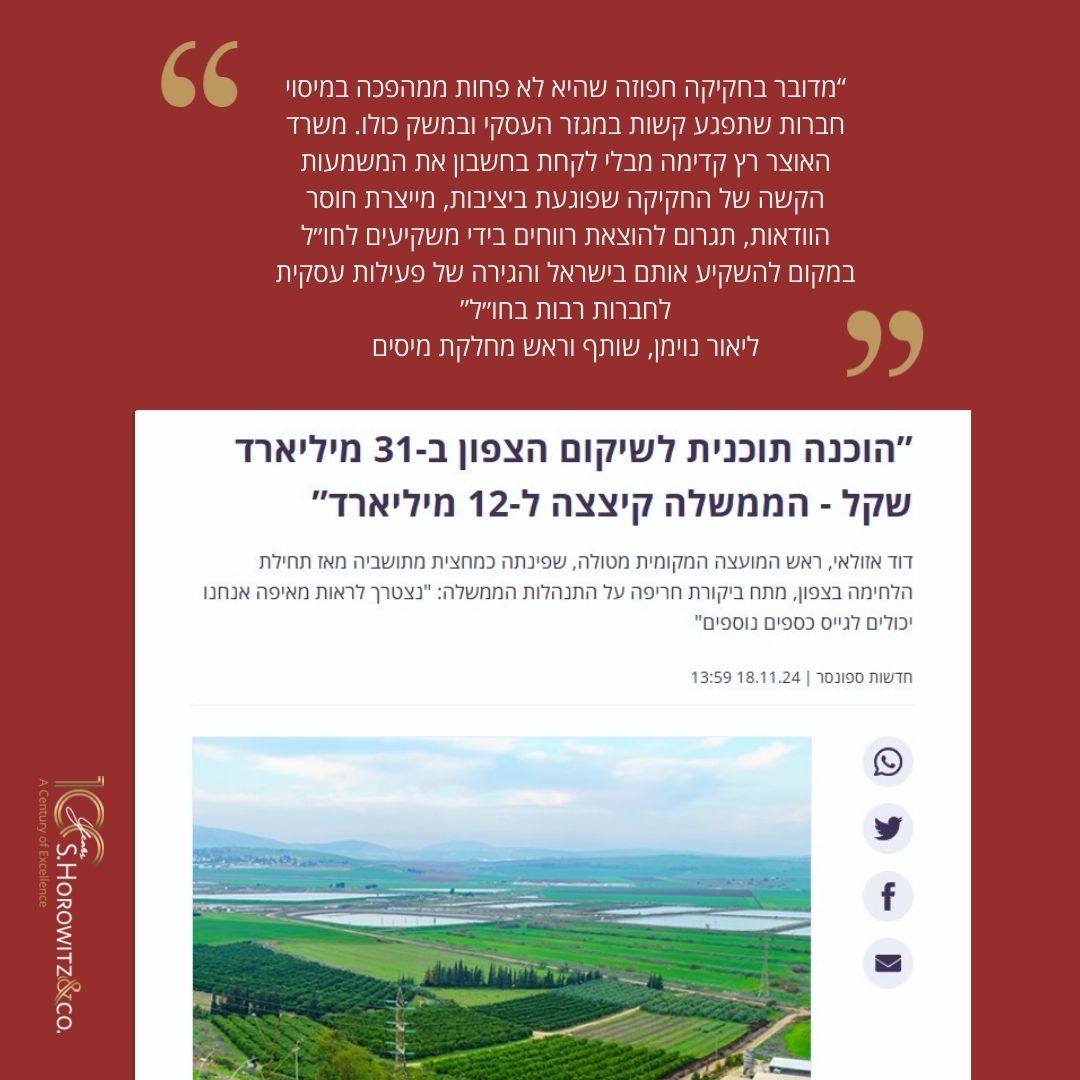
[Decision in opposition to register trademark no. 257485 for "ESTRELLA GALICIA" (design) given by the Israeli Registrar of Trade Marks on January 23, 2019]
1. In a recent decision given by the Israeli Registrar of Trade Marks ("the Registrar"), the Registrar tackled, inter alia, the issue of the distinctive character of a foreign language word and the substantiation of a claim whereby a word is commonly used in trade and, thus, lacks distinctive character.
2. The applicant, HIJOS DE RIVERA. S.A. ("the Applicant") and the Opponent, Sociedad Anónima DAMM ("the Opponent"), are both established Spanish companies, that have been engaging, for over a century, inter alia, in the manufacture and sale of beer. Giving rise to the parties’ dispute is the fact that one of the beers manufactured and sold by the Applicant bears the mark "ESTRELLA GALICIA", while that manufactured and sold by the Opponent bears the mark "ESTRELLA DAMM". The word "ESTRELLA", in Spanish, means "star"; "GALICIA" indicates the name of a locality in Spain (where the Applicant was founded); and "DAMM" is the surname of the founder of the Opponent. The Applicant and the Opponent have been embroiled in multiple opposition proceedings conducted in numerous jurisdictions worldwide in connection with their respective trademarks, including in Israel.
3. The Applicant filed an application to register the trademark "ESTRELLA GALICIA" in Israel in class 32 with respect to "beer" ("the Requested Mark") and the Opponent opposed the said application, based, inter alia, on its Israel trademark no. 246015 for "ESTRELLA DAMM", registered with respect to "beers, ale and porter, other non-alcoholic beverages, syrups" ("the Registered Mark").
4. One of the Applicant's main arguments contesting the opposition was that the word "ESTRELLA" lacks distinctive character, due to it being a descriptive and/or laudatory word (in Spanish), that is commonly used in trade. Accordingly, the Applicant argued that the word "ESTRELLA", on its own, is not eligible for protection as a trademark and that the focus for comparing the opposing trademarks should be placed on the second element – i.e. – "GALICIA" and "DAMM", respectively. In support of its said argument, the Applicant noted that numerous trademarks which include the words star/estrella/stella are registered in Israel and abroad, with respect to various goods and beer in particular.
5. The Registrar rejected the Applicant’s said argument, holding that when a trademark includes a word in a foreign language, which is not the name of the actual goods, then the first step for evaluating its distinctive character is to ascertain the familiarity of the Israeli public with the foreign word in question. In the present case, the Applicant presented neither a survey nor any other data demonstrating such familiarity. No concrete conclusion may be drawn from the number of trademarks registered in foreign jurisdictions that include a particular foreign language word and, in any event, the questions to be asked are whether the Israeli public is familiar with the foreign language word and, if so, whether it should be left open for use by the public.
6. In the present case, it was held that the Applicant failed to establish that the Israeli public is familiar with the word "ESTRELLA" and its meaning and that such familiarity cannot be assumed based on judicial knowledge, as argued by the Applicant.
7. In view of the above, the Registrar turned to analyse the likelihood of confusion between the Requested Mark and the Registered Mark, by applying the triple test, which takes into consideration the appearance and sound of the respective marks; the type of goods and clientele and additional circumstances. The Registrar found that a likelihood for confusion indeed exists, bearing in mind the common first and dominant element – "ESTRELLA"; the identical goods, clientele and distribution channels; the tendency of consumers and traders to shorten the name of the product to "ESTRELLA" (as demonstrated in the Opponent's evidence); the greater weight which should be given to the sound test and particularly given that beer products are often sold over the counter, etc.
8. The Registrar further held that when a registered mark in block letters is compared to a stylized (design) mark, the comparison should first be made between the word elements of the mark in block letters and those of the stylized mark (an exception to the said rule may apply when the design of the word elements is so unique so as to eliminate the literal similarity). In the second stage, the remaining elements of the stylized mark will be considered in order to determine the overall similarity in appearance.
9. The Registrar left open the question whether actual use of the respective marks by the parties should be taken into account when considering the likelihood of confusion in the framework of opposition proceedings, though it was noted, in an obiter dictum, that in the present case taking into account the actual use intensifies the conclusion that a likelihood of confusion indeed exists.
10. An additional issue addressed by the Registrar was the weight to be ascribed to decisions rendered in proceedings conducted abroad between the parties, the parties' respective arguments in such proceedings and a foreign co-existence agreement. In this respect it was held, that said issues are irrelevant to determining eligibility for registration in Israel, in view of the territorial nature of trademarks and in any event – the main consideration guiding the Registrar is the need to protect Israeli consumers against confusion.
11. In view of the above, the opposition was accepted and costs were awarded in favour of the Opponent.
The Opponent was represented by the authors.


